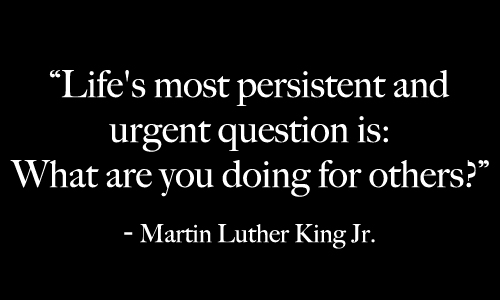Identity theft is when someone steals your identity to commit fraud. According to an Aite Group report, 47% of adults in the U.S. have experienced identity theft. Don’t become a victim.
Here are 5 Ways to Protect Yourself from Identity Theft:
- Secure Confidential Cards (social security, driver’s license) – Keep your purse or wallet in a safe place. Always be aware of your surroundings. Some people try to steal your purse or wallet when you’re not paying attention. Avoid carrying your social security card with you. It’s best to leave it at home under lock and key.
- Be Safe Online – Whenever you’re online (websites, emails, social media), you could be vulnerable to identity theft or fraud. Be diligent about protecting your personal information (social security number, birthday) online. Staying safe online means being aware of Wi-Fi insecurity. Check out the articles below for more tips to stay safe online:
- Secure Your Wi-Fi Home Network – Check out Securing Your Internet-Connected Devices at Home for details.
- HTTPS and Online Security – To confirm a site is secure, you want to look for the “https:/” in your web browser bar and the padlock indicating the website is secure.
- How To Safely Use Public Wi-Fi Networks – Be careful about using Public WiFi networks because they are usually not secure. Avoid using them to enter private information, such as passwords or banking account information.
- Beware of Phishing Emails – Phishing emails are when scammers may pose as a company you do business with to get your personal information. For example, they may send you an urgent email request and ask you to fix something urgent. Then they try to trick you into revealing your information (personal, account, personal or passwords). How To Recognize and Avoid Phishing Scams
- Shred or Secure Documents with Confidential Personal Information Before Tossing Them Out – Did you receive a pre-approved credit application? Don’t just throw it in the trash, shred it first.
- When You’re a Victim of a Data Breach, Take Action and Stay Informed – Data breaches can compromise your personal information. So it’s important to take steps to help protect yourself from fraud. What to Do After a Data Breach
If you’re a victim of identity theft, go to http://IdentityTheft.gov and report it to the Federal Trade Commission FTC (FTC). The FTC will give you a personal recovery plan to help you with 30+ types of identity theft.





